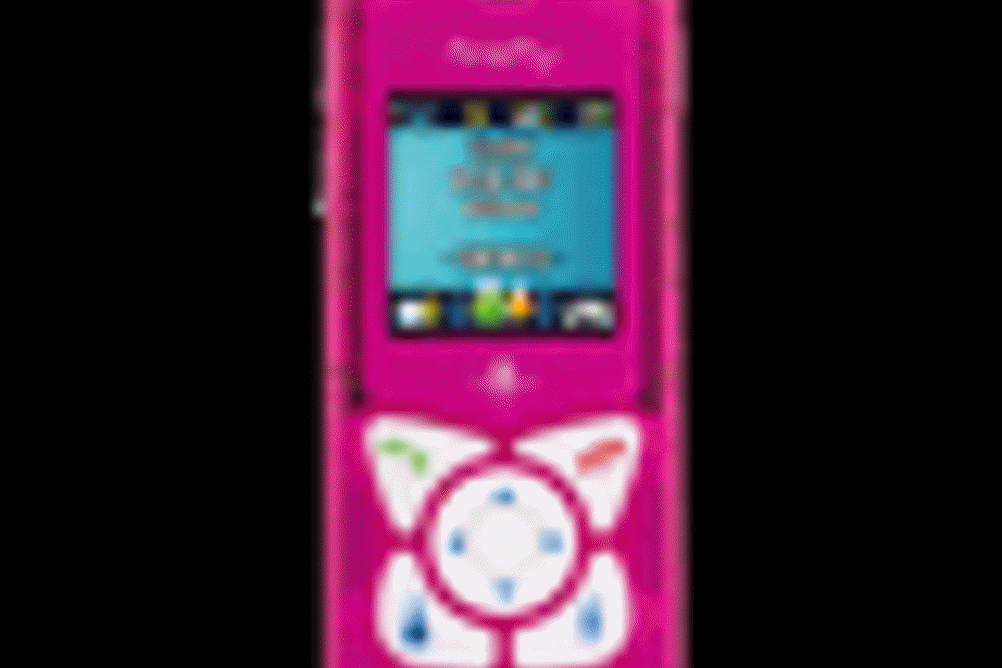
The brightly coloured gadget from US manufacturer Firefly (pictured) is to be priced at £85. But it has already prompted criticism from parents' groups about the role of parental responsibility and the possible effects of radiation on children's health.
Advice from the Department of Health says to avoid giving children under 16 a mobile phone. A report by the National Radiological Protection Board in 2004 warned that parents should restrict mobile phone use by children because their brains are more vulnerable to radiation (News, 26/01/05).
The 'Glow phone' has five buttons, including one that calls 'mum', another that calls 'dad' and a phone book, which is PIN protected. It can only receive text messages and has two built-in games.
Register now to continue reading
Thank you for visiting Nursery World and making use of our archive of more than 35,000 expert features, subject guides, case studies and policy updates. Why not register today and enjoy the following great benefits:
What's included
-
Free access to 4 subscriber-only articles per month
-
Unlimited access to news and opinion
-
Email newsletter providing activity ideas, best practice and breaking news
Already have an account? Sign in here
